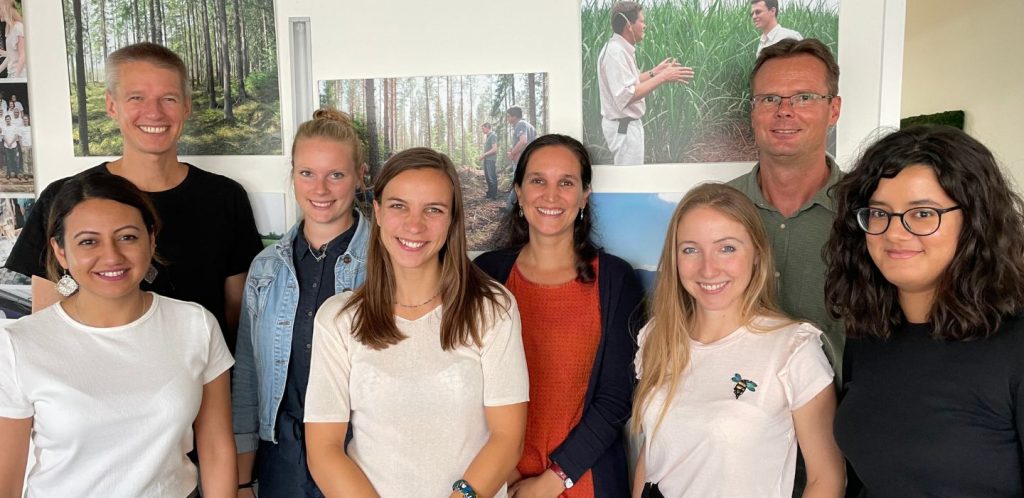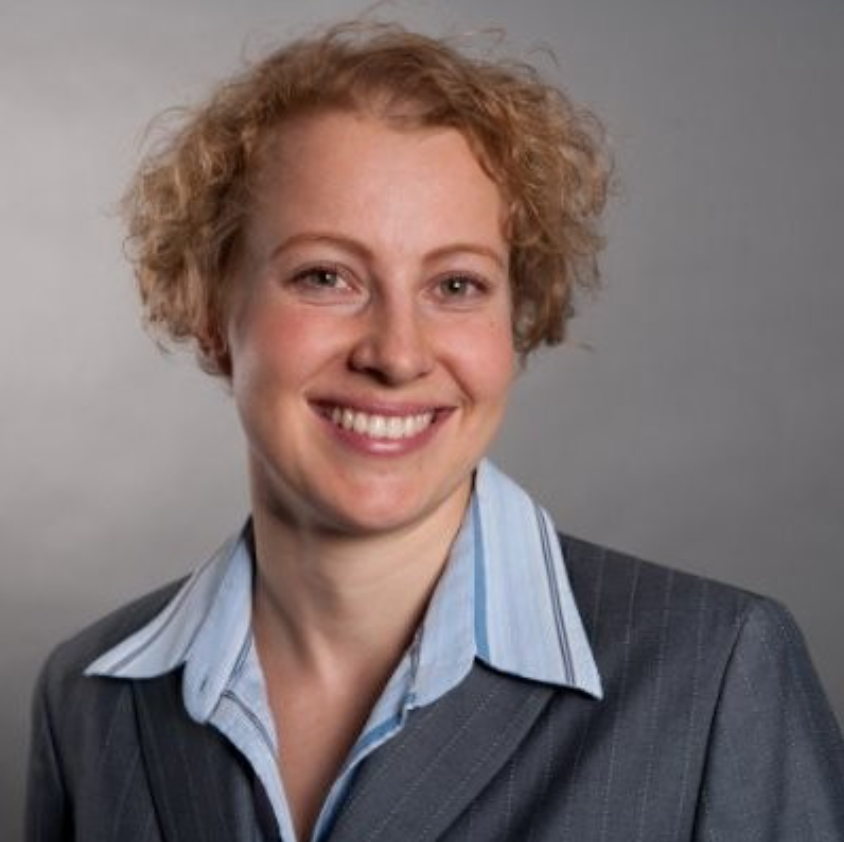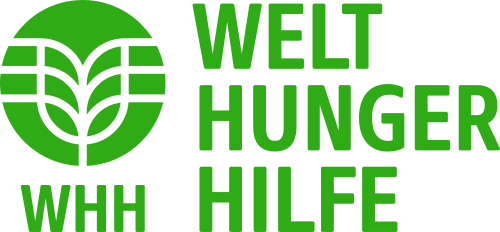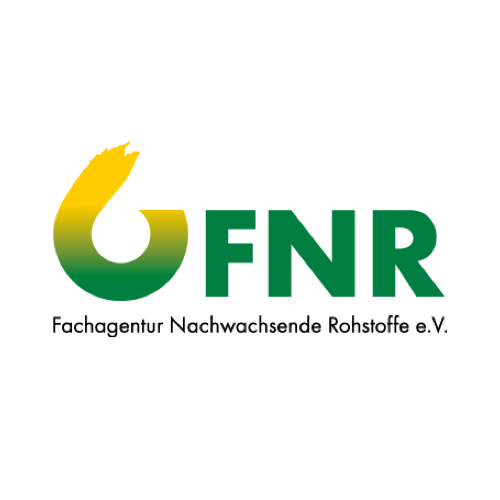Team & Partners
FSS Team
MEO and WHH have joined forces to support companies in shaping their value chains in a way that respects all human rights.
Together, they are managing the FSS.
Meo Carbon Solutions is an innovative solution provider supporting companies, ministries and institutions with customized approaches to increase sustainability.
Welthungerhilfe is one of the largest private aid organisations in Germany, independent of politics and religion. It was established in 1962, as the German section of the “Freedom from Hunger Campaign”.

Meet the FSS Advisory Board

Bruno Wenn
Member Board of Trustees – Deutsche Welthungerhilfe e.V.

Dr. Tina Beuchelt
Senior Scientist Center for Development Research (ZEF), University of Bonn

Maja Catrin Riecher
Advisor Sustainable Agricultural Commodities, WWF

Yvonne Zwick
Vorsitzende B.A.U.M. e.V. – Netzwerk für nachhaltiges Wirtschaften
Financing
The Food Security Standard is funded by the German Federal Ministry of Food and Agriculture.
› Bundesministerium für Ernährung und Landwirtschaft
via › Fachagentur für Nachwachsende Rohstoffe (FNR).






